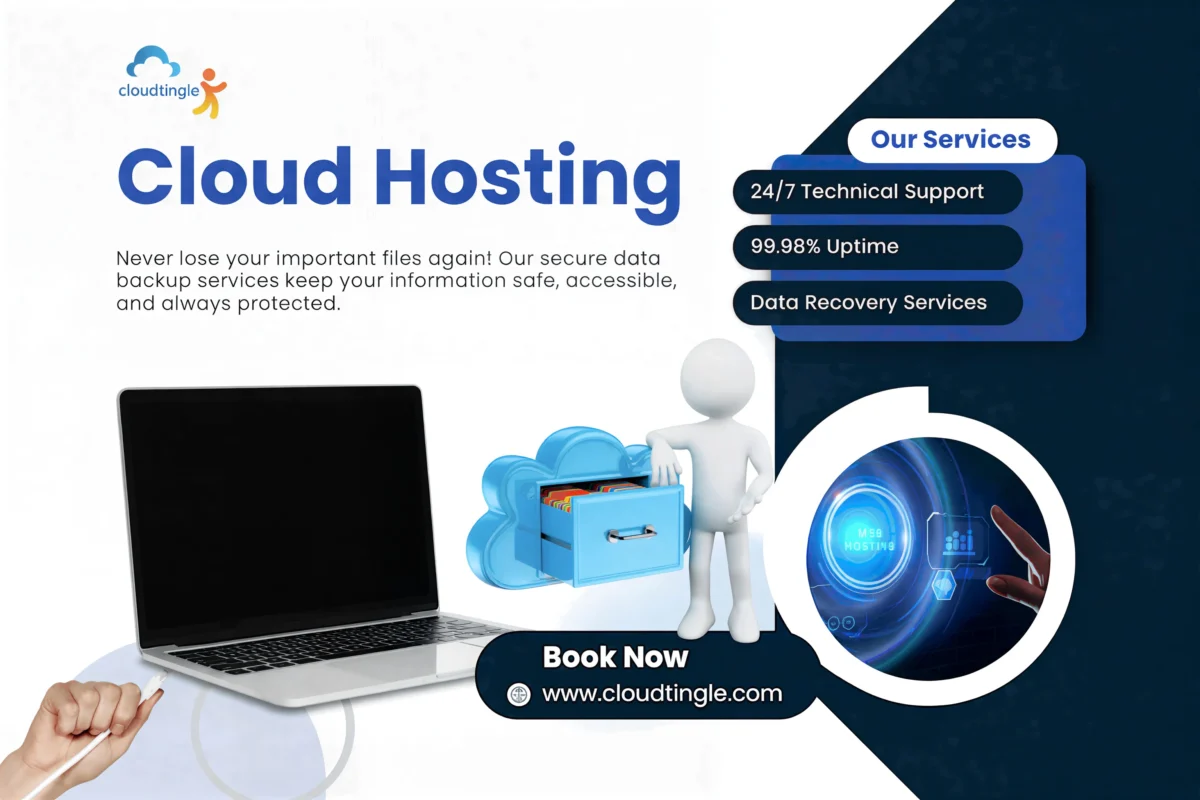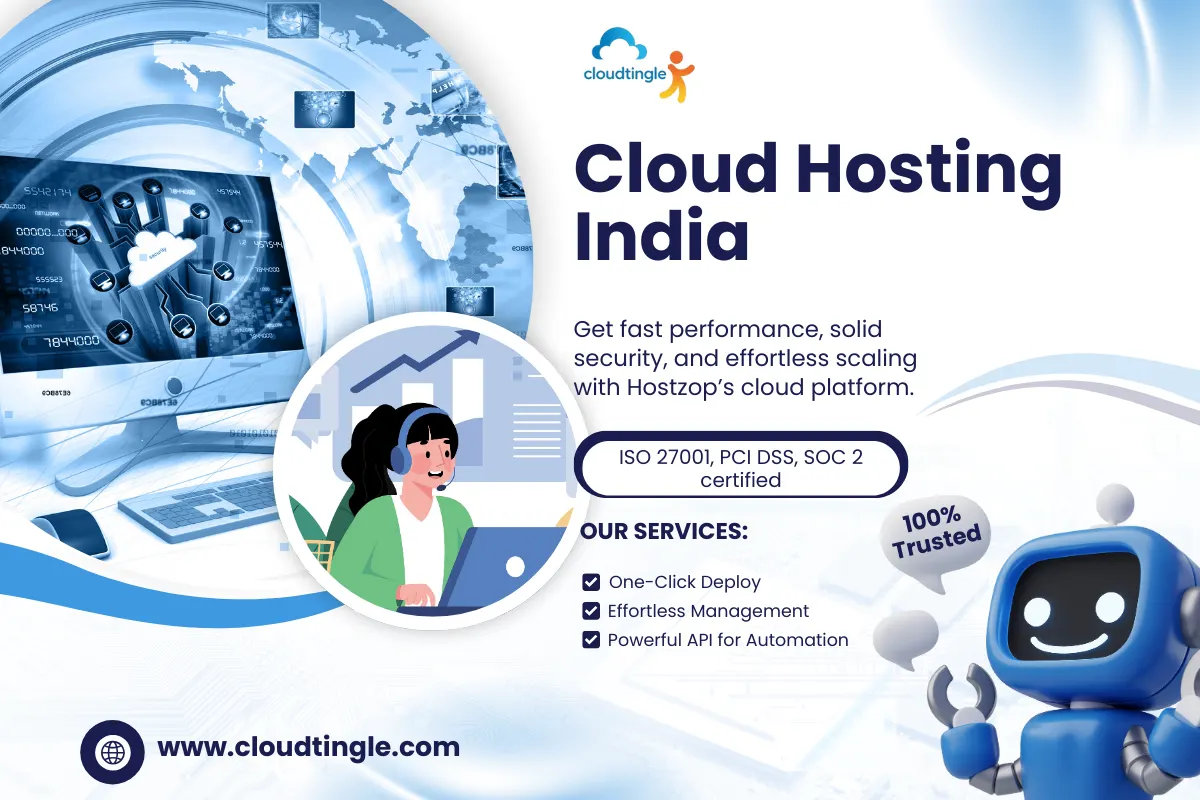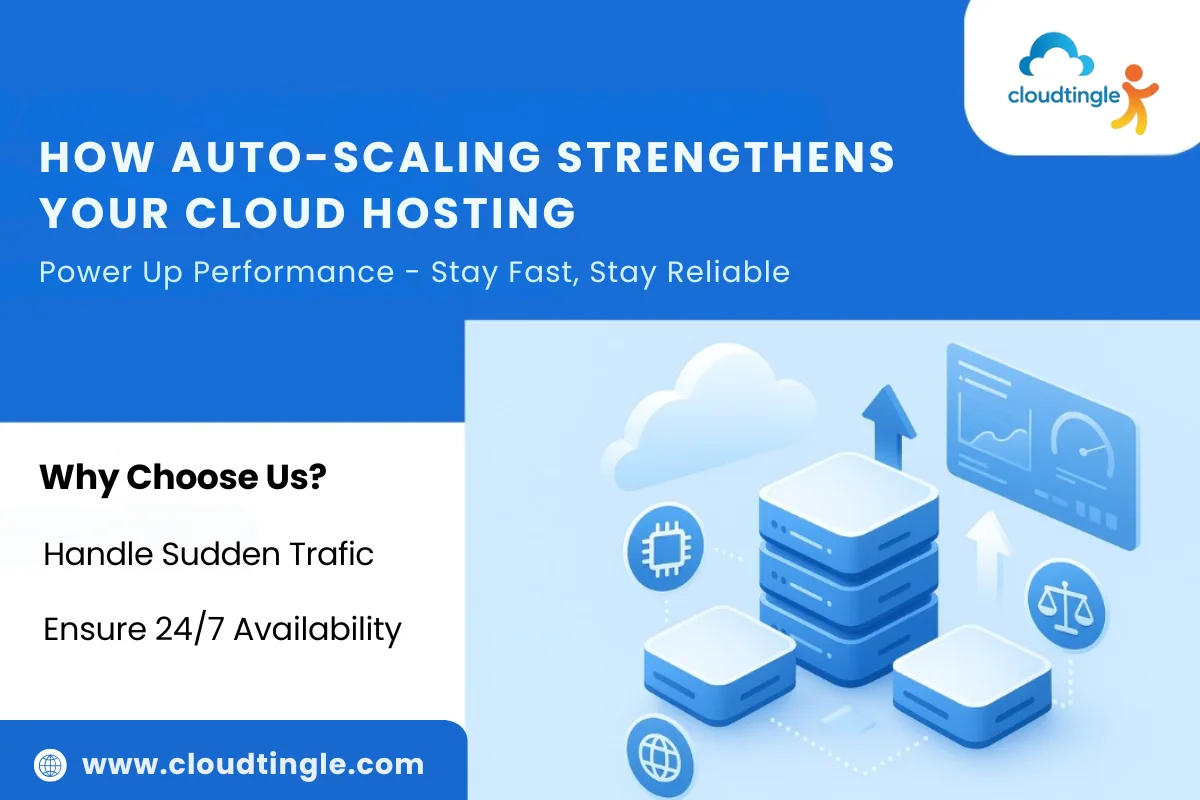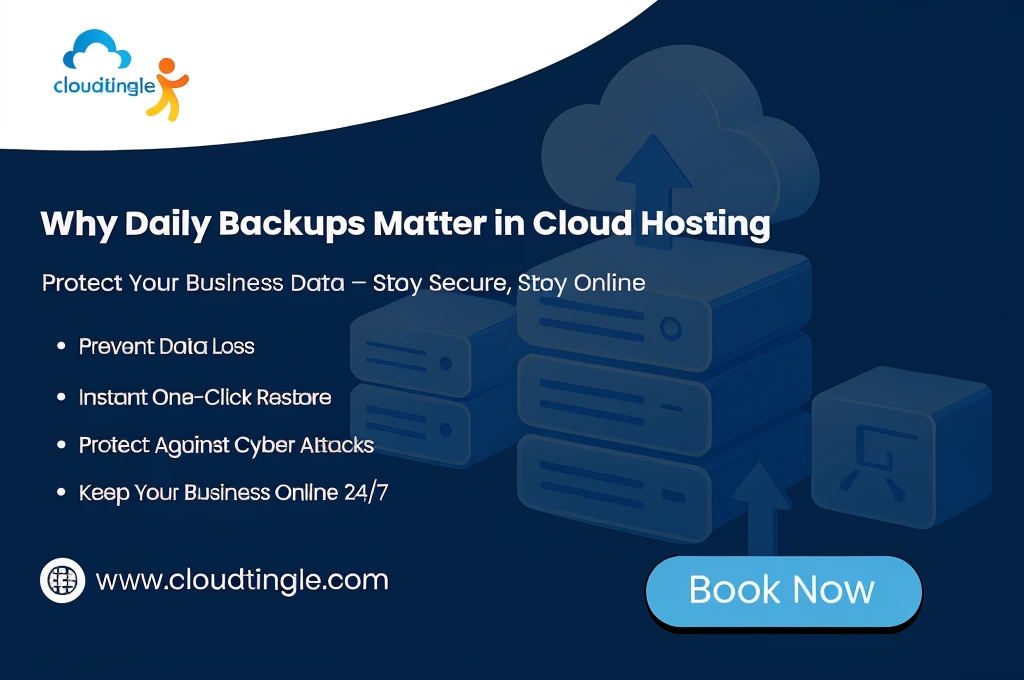Introduction: The Indian Cloud Hosting Boom in 2025
India’s cloud hosting market has exploded in recent years, driven by digital transformation, remote work, and the increasing demand for scalable infrastructure. As of 2025, cloud adoption among Indian startups, SMBs, and even traditional businesses has surged — with providers now offering localized services, better compliance, and faster support.
But with so many choices, selecting the right cloud hosting provider in India isn’t simple. This guide breaks down everything you need to consider — from infrastructure and billing to support and data residency — to make an informed decision.
What to Look for in a Cloud Hosting Provider in India
Before signing up, evaluate these key factors:
1. 99.98%+ Uptime Guarantee
Downtime can cost businesses more than just revenue — it impacts credibility. Choose providers that commit to high SLAs (Service Level Agreements) with 24/7 monitoring and redundancy. Ask about their failover systems, load balancing, and disaster recovery mechanisms.
2. Local Data Centers
Latency matters. If your business or user base is in India, choose a provider with data centers in India, ideally in cities like Chennai, Mumbai, Bangalore, or Hyderabad. Local infrastructure ensures faster load times, compliance with Indian regulations, and better support turnaround.
3. No Vendor Lock-in
Many cloud providers lock you into proprietary platforms, making migration costly and time-consuming. Opt for providers that support open standards, container-based deployments, and allow easy port-out options.
4. Scalable Resources
Your business may grow tomorrow — and your cloud should grow with it. Look for flexible plans where you can instantly scale CPU, RAM, and storage without downtime or migration hassles.
5. 24/7 Local Support
Indian businesses operate across time zones. Ensure the provider offers round-the-clock support, ideally with local language assistance, ticket-based helpdesk, phone, chat, and email support channels.
6. Transparent Billing & GST-Compliant Invoicing
For Indian businesses, having GST-compliant invoices is essential for input tax credit. Look for transparent pricing (with no hidden charges) and Indian billing support.
Top Cloud Hosting Providers in India (2025)
| Provider | Data Center in India | GST Billing | Support | Lock-in Risk |
|---|---|---|---|---|
| Hostzop | Chennai, Mumbai | Yes | 24/7 | Low |
| AWS | Mumbai, Hyderabad | Yes | Global | Medium |
| Microsoft Azure | Pune, Chennai | Yes | Global | Medium-High |
| Google Cloud | Delhi NCR, Mumbai | Yes | Global | Medium |
| DigitalOcean | Bangalore | Yes | Email Only | Low |
Here’s a breakdown of popular players serving Indian businesses in 2025:
Note: Only Hostzop offers Chennai and Mumbai -based infrastructure, 24/7 India-focused support, and local GST-compliant billing optimized for startups and SMEs.
India-Specific Cloud Hosting Requirements
India’s hosting needs differ from those of global markets in several ways. Here are a few things you can’t afford to ignore:
🇮🇳 1. Chennai/Mumbai Data Centers for South & West India
Choosing a data center near your business location reduces latency. For example, South Indian businesses see faster load times with Chennai-based servers like those offered by Hostzop.
🇮🇳 2. Government & Data Compliance
If you’re handling user data, you may need to comply with India’s data localization rules or industry-specific regulations like those for BFSI, healthcare, or ed-tech.
🇮🇳 3. Low-latency CDN Integration
Ensure your provider supports global CDN (Content Delivery Networks) while keeping static and dynamic content cached close to your Indian users.
🇮🇳 4. GST & PAN Integration
For ease of accounting, select providers offering GST invoices, showing HSN codes and PAN numbers — especially important for startups and agencies managing multiple client accounts.
Final Cloud Hosting Provider Checklist (India Edition – 2025)
Before deciding, ask yourself the following:
Requirement Must Have
- Data center in India (Chennai, Mumbai)
- Local GST-compliant invoicing
- Scalability without migration
- No long-term lock-in contracts
- Transparent pricing and billing
- SLA-backed uptime (>99.9%)
- 24/7 multilingual/local support
Final Cloud Hosting Provider Checklist (India Edition – 2025)
Before deciding, ask yourself the following:
| Requirement | Must-Have |
|---|---|
| Data center in India (Chennai, Mumbai) | ✅ |
| Local GST-compliant invoicing | ✅ |
| Scalability without migration | ✅ |
| No long-term lock-in contracts | ✅ |
| Transparent pricing and billing | ✅ |
| SLA-backed uptime (>99.9%) | ✅ |
Conclusion: Choose Cloud Hosting Built for India
The Indian cloud ecosystem is growing — but not every provider is built with Indian businesses in mind. Large players offer power and scalability, but smaller, focused providers like Hostzop bring localized support, Chennai-based infrastructure, and pricing that works for SMEs, startups, and agencies.
Whether launching a startup, migrating from traditional servers, or scaling a SaaS product, your cloud provider should align with your technical, business, and compliance needs.






